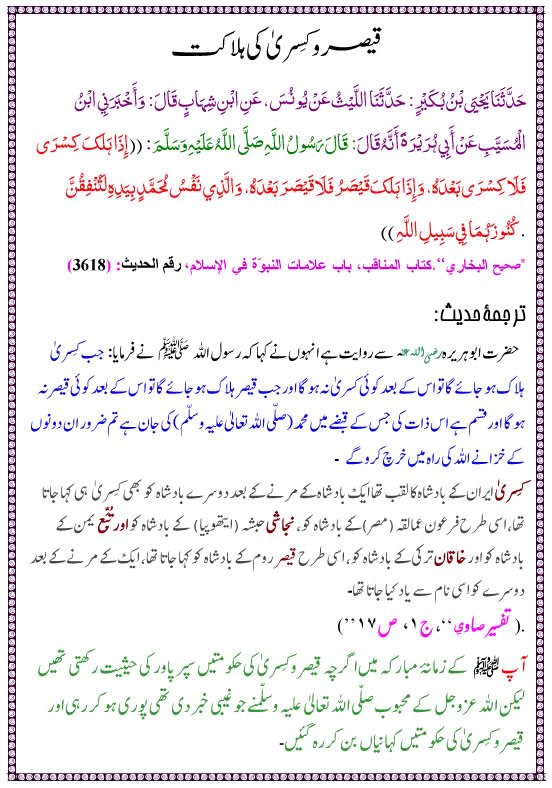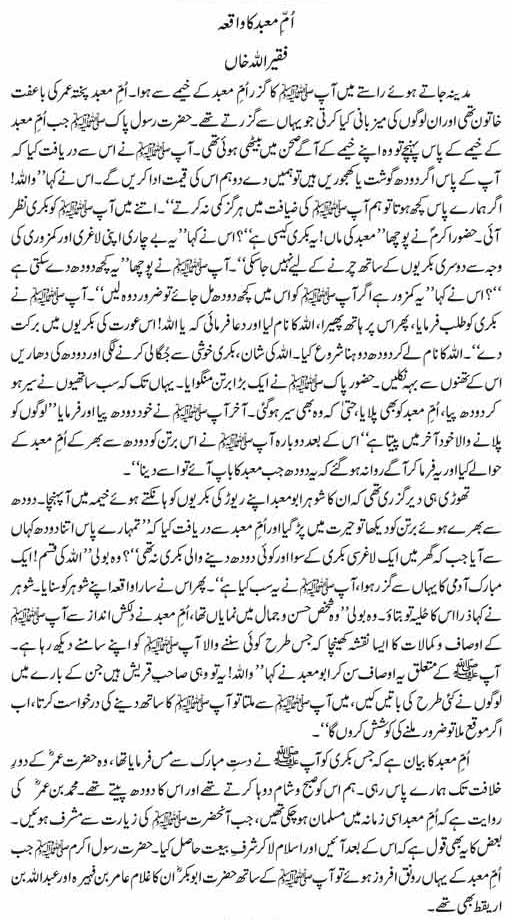Many hadith describe the status of two people who love one another for the sake of Allah, and describe the high position in Paradise which He has promised them and the great honor which He will bestow upon them on the Day when mankind is resurrected to meet the Rabb (Lord) of the Worlds: Among them is the hadith which describes the seven whom Allah will shade on the Day when there is no shade but His:
1, a just leader;
2, a youth who grows up worshiping Allah;
3, a person who is deeply attached to the masjid;
4, two people who love one another for the sake of Allah, meeting for His sake and parting for His sake;
5, a man who is called by a beautiful woman and says, I fear Allah;
6, a person who gives charity in secret such that their left hand does not know what their right hand is doing;
7, a person who remembers Allah when they are alone and their eyes fill with tears.” (Bukhari and Muslim)
The two who love one another for the sake of Allah are clearly shown to be among those whom Allah will shelter with His shade and upon whom He will shower His mercy and kindness. What a great honor! It is enough honor for those who love one another for the sake of Allah (Subhanahu wa Ta`ala) that their Almighty Rabb will greet them on the Day of Resurrection and say to them:
“Where are those who loved one another for My glory? Today I will shade them in My shade on the Day when there is no shade but Mine.” (Muslim)




